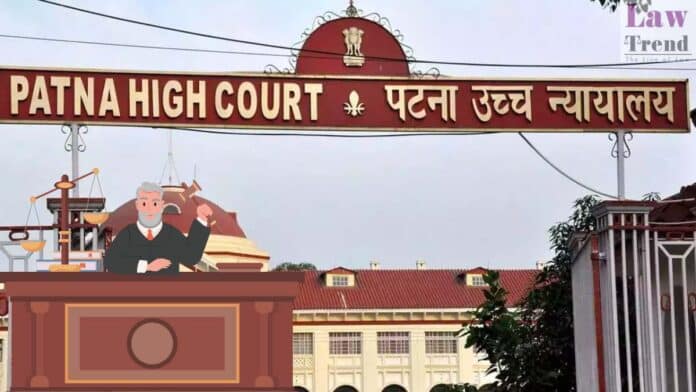The Patna High Court recently delivered a significant judgment in the case of The State of Bihar & Ors. vs. Vikash Kumar @ Vikas Kumar (LPA No. 446 of 2024), concerning the dismissal of a constable from the Bihar Military Police, now known as the Bihar Special Armed Police. The constable, Vikash Kumar, was dismissed
To Read More Please Subscribe to VIP Membership for Unlimited Access to All the Articles, Download Available Copies of Judgments/Order, Acess to Central/State Bare Acts, Advertisement Free Content, Access to More than 4000 Legal Drafts( Readymade Editable Formats of Suits, Petitions, Writs, Legal Notices, Divorce Petitions, 138 Notices, Bail Applications etc.) in Hindi and English.




